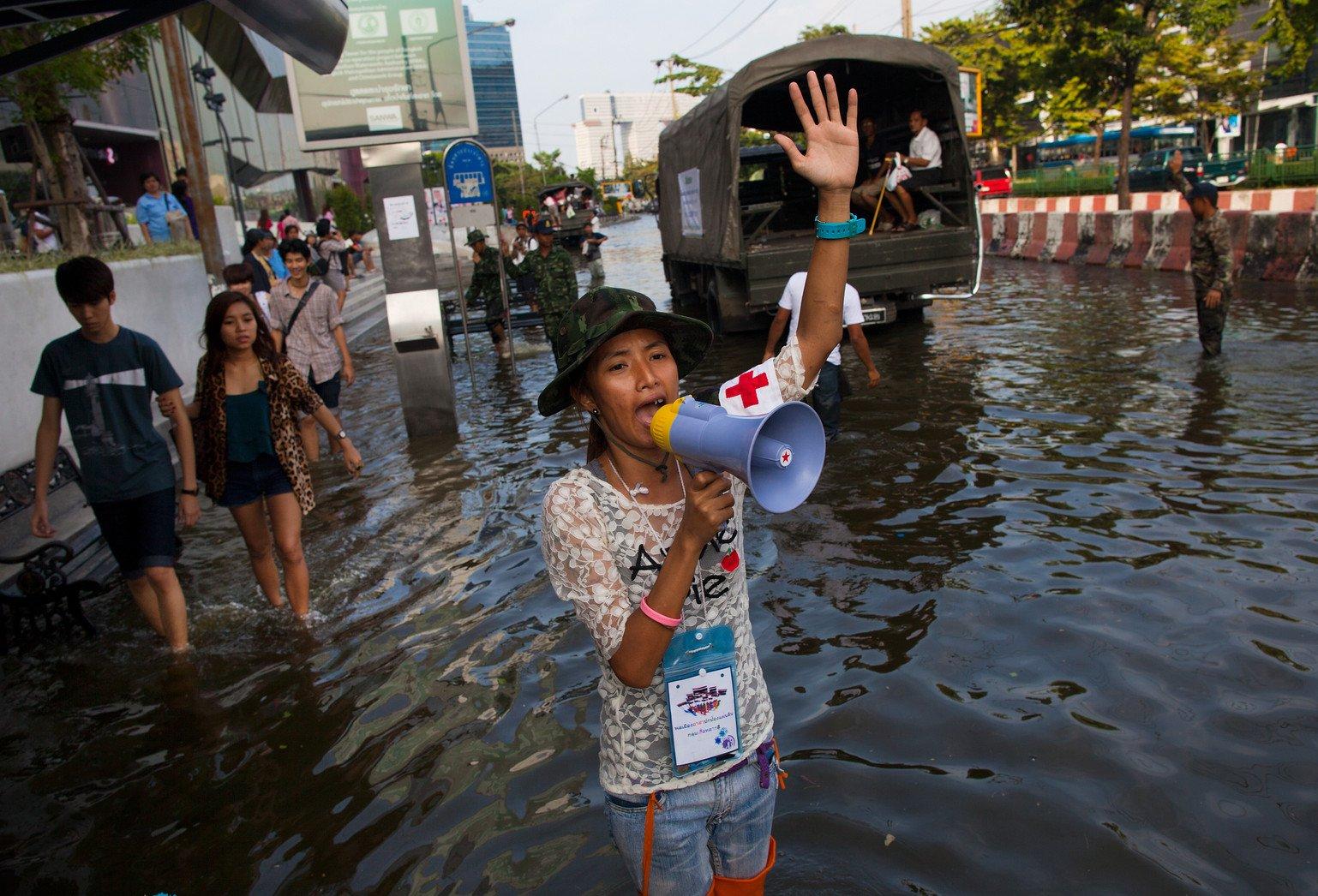
The 2023 Climate Synthesis Report from the Intergovernmental Panel on Climate Change made it clear that the window of opportunity to secure a liveable and sustainable future for all is rapidly closing.
“The choices and actions implemented in this decade will have impacts now and for thousands of years,” the report said.
Despite our knowledge that climate change is the greatest threat to global public health this century, policymakers are not acting at the speed or scale necessary to mitigate or adapt to this crisis.
We know that increasing temperatures are already putting lives and livelihoods around the world at risk. Be it through exposure to increasing frequency and intensity of extreme weather events, changing distributions of vector-borne diseases, or rising sea levels that cause flooding in vulnerable coastal regions, the impacts that climate change will have on health have never been clearer.
But the message is still not getting through.
The need for more evidence
One contributing factor is the lack of context-specific evidence.
Historically, climate and health research has focused on high-income countries, despite the fact that low- and middle-income countries are forecast to bear the brunt of climate impacts (though disadvantaged groups in the Global North are typically under-represented too).
In low- and middle-income countries, where research infrastructure isn’t as well funded as it is in high-income countries, research that explores the effects of climate change on health in specific communities or areas is often missing.
Policymakers need clear and accessible information on the health risks associated with climate change to make informed decisions, and in the absence of evidence, it can be difficult for policymakers to justify the (sometimes expensive) policy needed for climate adaptation or mitigation.
In addition, there are still significant gaps in our knowledge of the relationship between climate change and important health outcomes (including maternal and child health, nutrition, and mental health) around the globe, particularly among disadvantaged communities.
This lack of evidence doesn’t just make it difficult for policymakers to implement climate policy at home, but also severely constrains their ability to demand and argue for climate finance from international climate finance mechanisms like the Green Climate Fund to implement their National Adaptation Plans.
That is all to say, without more evidence, action on climate and health will be difficult. This is why funding the generation and synthesis of scientific evidence on the impacts of climate change on health is foundational to our climate and health strategy.
However, research is only one part of addressing the climate crisis.
Reaching a wider audience
It is not enough to generate evidence and hope that the strength of the findings compels policymakers to act. If research and evidence are going to have an impact, they need to be effectively co-produced with and communicated to the public and policymakers alike. If climate risks are to be effectively addressed, they must first be made visible to audiences that can help drive action.
“Policymakers need clear and accessible information on the health risks associated with climate change to make informed decisions.”
Furthermore, research suggests that communications on the impacts of climate change that centre health and wellbeing may be more effective at driving action than those that focus on the broad environmental or economic impacts of climate change.
In Wellcome’s Climate and Health team, we’re working to enable a transformational advance in the availability, access, and use of evidence on the effects of climate change on health.
By funding teams to generate evidence and communicate impactful narratives, we hope to tip the balance towards a more liveable, healthy and just future for us all.
Our funding call
Through our scheme 'Climate Impacts Awards: Unlocking urgent climate action by making the health effects of climate change visible', we aim to make the impacts of climate change on physical and mental health visible to drive urgent climate policy action at scale.
We will prioritise funding research that involves and serves the needs of the populations and communities most at-risk of the impacts of climate change.
We will provide funding to transdisciplinary teams to run short-term, high-impact projects that can combine context-specific evidence generation, policy analysis, communications and engaged research approaches to develop and drive narratives that can unlock urgent climate action scalable to multiple settings.
We’re funding vital research into the impact climate change has on human health around the world, at national, regional and global levels. Explore our current funding call:
Advancing climate mitigation solutions with health co-benefits in low- and middle-income countries
This article was first published on 27 January 2023.


